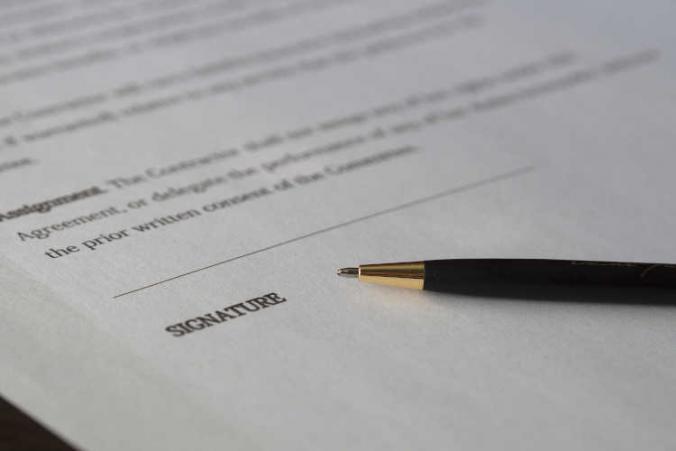People sometimes contact my office shortly after they suffer an injury at work. Other times, I get calls from people that started to develop a work illness or occupational disease. Often, these people are scared. They don’t know what to do. I can certainly understand why they want to call and talk to a work injury attorney. However, there’s very little I can do until they file an L&I claim. In fact, the most important thing for anyone injured on the job is to get medical attention right away.
How to file an L&I claim after a work injury
The Department of Labor and Industries (L&I) maintains the L&I website. The website contains lots of information (and forms) about filing a workers’ compensation claim. However, almost always, the first steps to file a work injury claim should be: (i) Report the work injury or work disease to your employer; and (ii) Get the medical attention and medical treatment you need.
The doctor will determine whether the injury or disease relates to your work. If they think it does, they will help you file a workers’ comp claim. The doctor’s office should already have the necessary paperwork, which is called Report of Accident. Furthermore, the doctor decides when the work injury claimant can return to work, and recommends follow up treatment. If for some reason the doctor doesn’t file the claim, L&I makes filing easy with their new Report of Accident online tool.
What happens after you file an L&I claim
When filing the L&I claim (either online or at the doctor’s office), L&I will need some information from the work injury victim. This information includes:
1. The place where the work injury happened (or where you developed the occupational disease);
2. Contact information for any witnesses;
3. Employer information;
4. Wage information;
5. Names and birth dates of your dependents; and
6. Medical provider information where you first received treatment.
Once L&I gets the claim paperwork, it decides whether to allow the claim. Then, if L&I allows the claim and provides appropriate benefits, the work injury victim may not need legal help. Early benefits may include treatment authorizations and wage replacement benefits. The benefits depend on your inability to work due to claim-related conditions. After that, if you receive any unfavorable decisions, you must protest or appeal them within 60 days. Otherwise, they become final and binding.
When to call a workers’ compensation attorney
Therefore, if L&I denies your workers’ compensation claim, it’s a good idea to speak with a workers’ compensation attorney right away. A good L&I attorney can help you determine your rights and options. From there, you can proceed to protest the L&I decision, and continue to follow the L&I claim process.

Leave a Reply